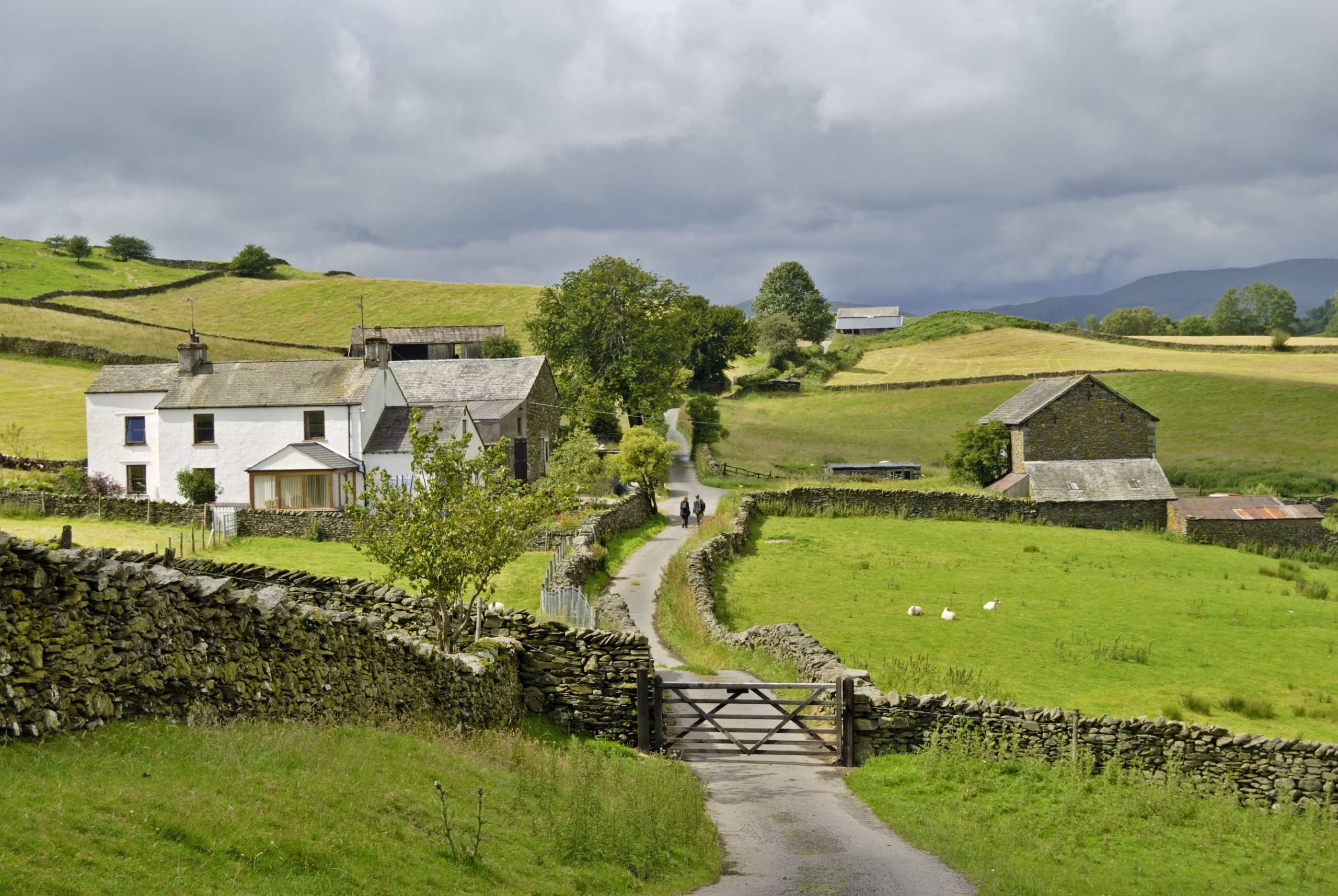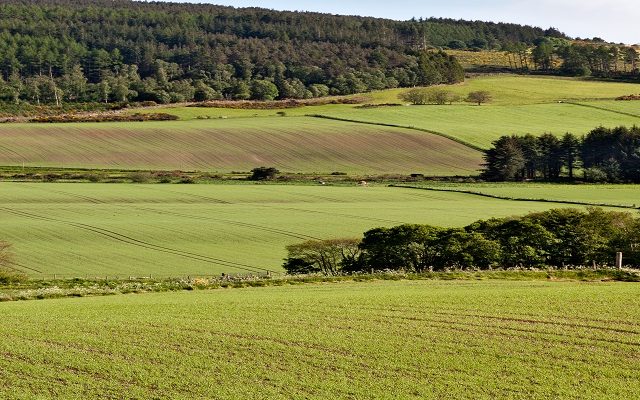The lowdown on Class R
In increasingly uncertain times many farmers and landowners have already embarked on diversification projects to provide additional income streams and reduce business risk. Using redundant agricultural buildings has become a popular option to drive alternative enterprises and increase their capital value.
Farmers and landowners have long complained about flaws in the 70-year-old planning system, which can often prove to be a barrier to growth in the rural economy. The application process is currently discretionary, leaving each application to be judged individually by the local authority.
Fortunately, a full planning application may not always be required. Permitted development rights can be a simpler and quicker way to get through the current system. One in particular has been in the spotlight in recent months:
Class R:
This is an often-overlooked provision to allow a change of use from an agricultural building to a ‘flexible use’. The term flexible use covers a number of potential changes for a building, including shops, storage, distribution or even restaurants and cafes.
But, in order for a building to qualify, there are a number of conditions that must be met:
- The unit must have been used solely for the purposes of agriculture for the past 10 years or when it was last in use
- The total combined floor area of the current building cannot exceed 500m2
- The building cannot be a scheduled monument, a listed building, form part of an explosive storage area or part of a safety hazard area
Buildings found in a conservation area, Area of Outstanding National Beauty or a National Park are permitted within the rule.
There are two types of application process dependent on the size of the building. If the total existing area is less than 150m2, the Local Planning Authority will have fewer requirements than if the building is greater than this area.
If you’re considering using permitted development rights to change the use of your agricultural buildings, Strutt & Parker’s land management are able to assist. For more information, contact Tom Wetton.






